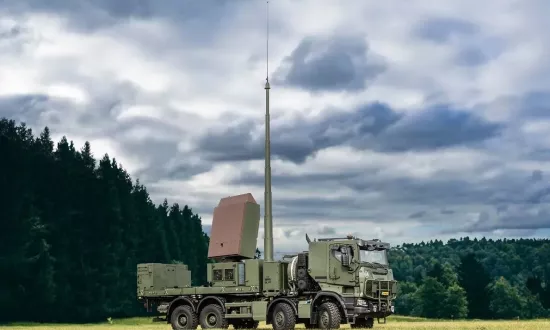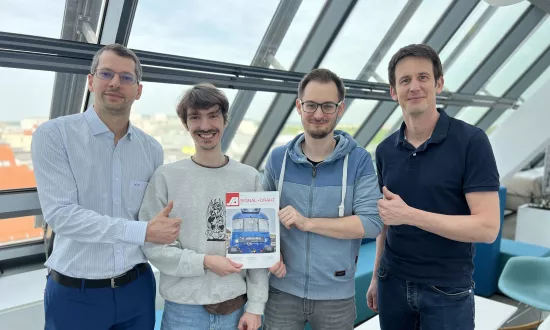Public transport: how to prepare for the next ‘new normal’ (and the one after that)
We have become used to the ‘new normal’ of home working and social distancing. The good news is that the number of new Covid-19 cases are falling daily in the UK. But Dr Hans Kluge, director for the WHO European region, and other experts, are predicting a second, more deadly wave of the virus. And perhaps another one after that. That’s why we need to get ready for the next ‘new normal.’
At the time of writing (30 June 2020) many countries, including Switzerland, Germany, France, Sweden and Portugal, were experiencing a daily rise in the number of cases. We might be next. A relaxation of restrictions and the imminent introduction of quarantine-free ‘air bridges’ designed to kick-start our economy, seem likely to increase the risk of Covid-19 Mk II. We have to be ready. We have to minimise the risk.
How to get ready for the next ‘new normal’
Faced with the likelihood of repeated waves of infection, the British transport industry needs to respond with measures that will mitigate infection rates while managing capacity. That’s a difficult balance to achieve.
To help, Thales assigned a taskforce to consider the problem. Its findings are documented in a new whitepaper entitled ‘Solutions to the Covid-19 Crisis in Transportation’. Here’s a brief summary of some of the things you can do right away, and some which you need to start planning.
Do this now
Consider using intelligent video analytics solutions to support your health protection objectives. Some systems have tools for monitoring passenger density and flow, and for checking that people are wearing face masks.
Thermal imaging cameras can be quickly deployed for checking body temperatures checks. The results can be linked to your existing gates and ticketing systems, to actively manage access to the transportation network.
Implementing secure, remote supervision of your control centre helps to keep your colleagues at a safe distance from one another while performing everyday tasks. And it can be enhanced by the remote control of air cleaning and the supervision of enhanced cleansing regimes. Robust cyber security keeps the whole system safe.
Start planning for this
Advanced asset management for predictive maintenance will keep your inventory costs down and reduce delays and minimising disruption. The integration of mobile and hands-free fare media in your fare collection systems are useful to reduce the spread of infection.
Automatic Train Supervision systems (for metros) and Traffic Management Systems (for infrastructure managers) make it easy to adjust train schedules to match demand.
Passenger information can be usefully enhanced by taking data from across city and regional networks. Freight operators can drive up efficiency by switching to 100% digital intermodal freight handling. Both can be implemented within year.
You can download the Thales whitepaper here.


